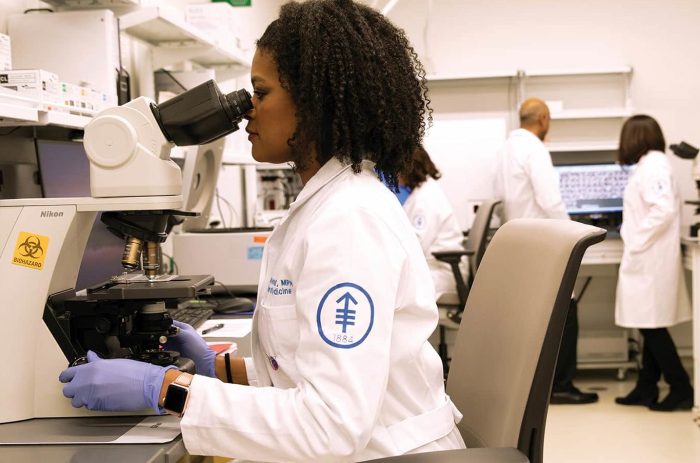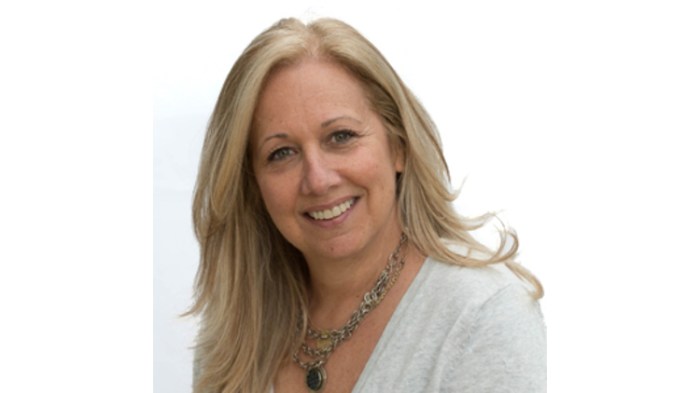Long Island Recognizes Colon Cancer Awareness Month
March is Colon Cancer Awareness Month, and health and elected officials on Long Island are taking the opportunity to remind residents to get their colonoscopies.
On Monday and Tuesday, Mount Sinai South Nassau has a 10-foot-tall, inflatable colon displayed in its lobby that demonstrates how colon cancer is formed. Officials at the Oceanside hospital say that colorectal cancer is on the rise in younger patients.
“Had I known to get screened early, I would not have had six surgeries, I would not have had eight chemotherapy sessions,” says Eric Schrader, a 48-year-old Merrick resident who defeated advanced stage 3 colon cancer at 45 years old.
According to the American Cancer Society, 20% of new colon cancer cases were in patients younger than 55 years old in 2019, compared to 11% in 1995.
Colorectal cancer is the second leading cause of cancer deaths nationwide. About 140,000 people are diagnosed annually, and more than 50,000 people die from it each year.
Suffolk County officials urge residents to get screened for colon cancer starting at 45 years old. On March 3, Suffolk County Executive Steve Bellone partnered with Northwell Health’s Cancer Services Program for Dress in Blue Day to raise awareness for the disease.
“Colorectal Cancer Awareness Month is a crucial time for us to educate ourselves and our loved ones about the importance of early detection and prevention,” Bellone said.
“Fortunately, colorectal cancer is highly treatable when detected early and with the free services offered by Northwell Health’s Cancer Services Program we can continue to help those affected by this disease.”
Maureen O’Connor, director of the Cancer Services Program, said the decision to get screened for colon cancer could mean life or death.
“Younger people are being diagnosed with colorectal cancer at an alarming rate,” she said. “I can’t stress enough the importance of getting tested early and regularly.”


































